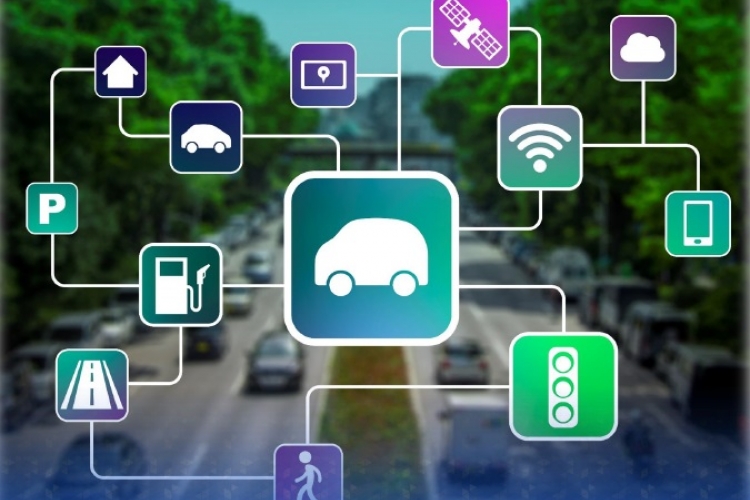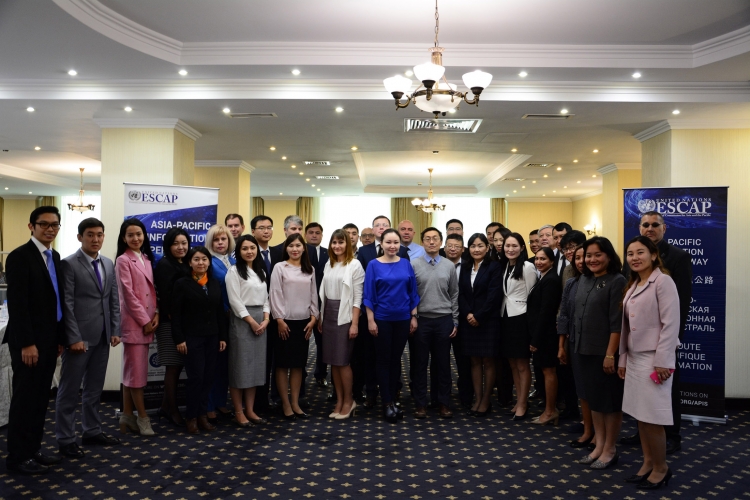An In-Depth National Study on ICT Infrastructure Deployment along Road Transport and Energy Infrastructure in Kyrgyzstan
Information and communications technologies (ICTs) drive socioeconomic progress, and with the advent of advanced and emerging technologies, there is a growing demand for fibre-optic networks that can deliver broadband services. As the cost of building the fibre-optic infrastructure is high, co-deployment could minimize costs during construction. Moreover, co-deployment creates opportunities for new business models for various infrastructure facilities, and initiates long-term strategic planning for the development of infrastructure networks.







